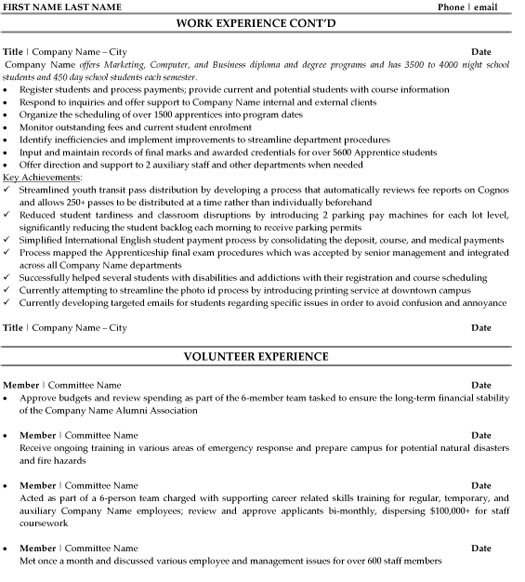
Are you interested in advancing your career? The next step in your career advancement is to find out what opportunities are available in your area. There are many ways to achieve this. These include setting goals or identifying your motivations. Learn about career opportunities and advancement opportunities within your company.
Goal-setting
Career planning is an important part of life, and goal-setting as part of career development is an important first step. It helps you build a meaningful life. You can also use it to identify your career interests and preferences and the work that you are most passionate about. Putting your goals on paper can help you stay focused and identify your achievements so you can make adjustments to your plan.
Set goals that you can achieve in your career. These goals should be in line with your career aspirations, such as what type of job and how much you value your life. A professional can help you reach your goals if you are unsure. You can also ask colleagues or people you admire for advice. Use this information to help you set goals.

Looking for a career path?
Many avenues exist for career advancement. There are some paths that are more suitable for certain types of personality or specific fields. Some people want to lead, while others prefer to work in a team. Career paths will vary depending on the individual, but a few common points should be considered.
To find a job, you must first evaluate your talents and interests. Once you have a clear idea of your career goals, you can start searching for the right job. It's important to identify your strengths and to find ways to improve them. You might consider taking leadership training, participating in webinars, or completing an internship.
Identifying opportunities for advancement
It is essential to identify career advancement opportunities if you wish to succeed. Although selecting the right job might be the first step, there are many avenues to advancement within a company. If you have an interest in a particular field, talk to people who are in senior positions about their career plans.
To make sure that employees feel supported and confident about their career choices, it's essential to show them the way to success. Retention and happiness of employees is dependent upon career progression. However, it often comes with challenges. A recent promotion may bring on unexpected on-call responsibilities, or require extra time for reporting. But career advancement can offer many benefits. There are personal benefits as well.

Identifying motivations
Understanding your motivations at the workplace can make a big difference in your life and help you feel better. It can also change the way you view your job's purpose. Although we often think only about the obvious motivations behind our jobs, such as location and pay, it is possible to find deeper meaning in your work by identifying the true motivations. Most people share the same goals and experience, so focusing your attention on what drives and motivates you will help find purpose and meaning in work.
Career resilience is related to other career theories, such as Donald Super's "vocational self-concept crystallization." Personal commitment, organizational commitment and workplace citizenship are all aspects of career identity. A person's ability and willingness to face challenges and obstacles, as well as a sense of their vocational identity, are key factors in making career decisions.